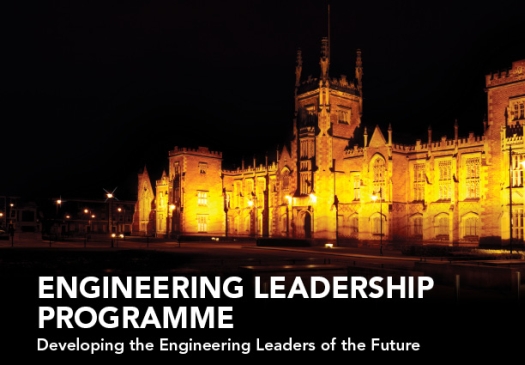Mentor Information

The mentoring element of the ELP provides the student with direct, personal contact with a practicing senior engineer in order to enhance their intellectual, social and professional development. As one of the mentors in the ELP you will be a role model for one or two of our brightest and most promising engineers helping them develop into future engineering leaders. Through this direct and repeated contact, a one-to-one mentoring relationship is established. As a mentor you will:
- Act as a role model.
- Introduce the student to the engineering profession
- Provide informal advice on career direction and personal development.
- Provide networking opportunities for the student.
- Act as a sounding board for the student’s ideas/proposals for projects in which they are involved.
- Expand the student’s horizons beyond the purely technical aspects of engineering
Regular contact should occur between the mentor and student in order for the mentoring relationship to be successful. As a minimum, the student and mentor should be in contact at least once a month during the placement year and summer placement. At the initial mentoring meeting the student should be encouraged to outline some goals they hope to attain as a result of the mentoring relationship, and some mentoring activities should be agreed that will help in achieving these goals. A timetable of meetings should also be agreed. We do not wish to be prescriptive about how mentoring meetings are conducted or the type of mentoring activities that should take place, but some examples might be visits to other company sites/divisions, attendance at networking events or engineering institution meetings/talks, advice/guidance on the broader aspects of engineering such as how global events influence company strategy, advice on tools/techniques to enhance personal development.
The mentoring relationship is not one-sided where the mentor does all the giving and the student all the receiving. The mentor can also benefit greatly from the experience:
- The mentor gains insight into the world of the student and his/her expectations of engineering.
- Mentoring is a chance to give something back.
- Mentoring is a chance to share past experiences.
- Mentoring helps the professional engineer stay in touch with the educational system.
- Mentoring enables the professional engineer to gain a better understanding of how future engineers view the engineering profession.
NOTE: As the students will be actively engaged full time on their degree programme in the first year of the ELP, it may be sensible to delay the initiation of the mentoring relationship until the start of the placement year when the student will be on site in the partner company full time.